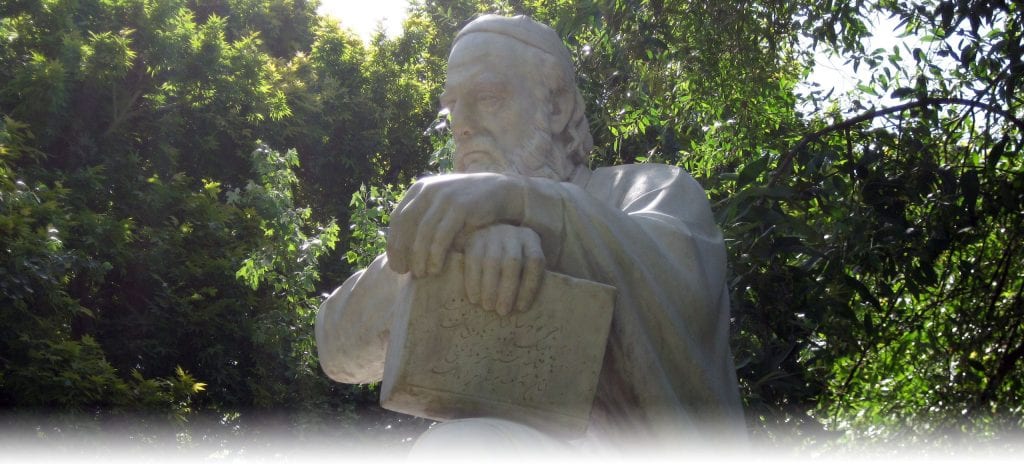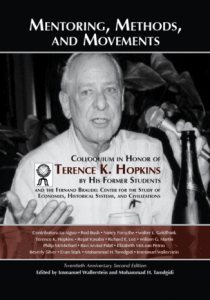Book Chapter — Pedagogy and Scholarship — by Immanuel Wallerstein
$15.00
Wallerstein offers important insights regarding the unique nature of the pedagogical system Terence K. Hopkins built at SUNY-Binghamton and the vital role the program played in the emergence and development of world-systems studies itself as a sociological tradition. Wallerstein’s synoptic tract reminds us of the intricate way in which various new threads in Hopkins’s pedagogy were woven into the tapestry of the program he invented at Binghamton.
Description
Abstract
“Pedagogy and Scholarship” is authored by Immanuel Wallerstein
Wallerstein offers important insights regarding the unique nature of the pedagogical system Terence K. Hopkins built at SUNY-Binghamton and the vital role the program played in the emergence and development of world-systems studies itself as a sociological tradition. Wallerstein’s synoptic tract reminds us of the intricate way in which various new threads in Hopkins’s pedagogy were woven into the tapestry of the program he invented at Binghamton.
It was the openness and flexibility of the doctoral studies program and how it branched out in diverse ways, for those interested, into the research working groups and activities of the Fernand Braudel Center that allowed for the simultaneous building of new insights and skills among and across the involved faculty and students, and the deepening of discourses that shaped and continue to shape world-systems analysis. Various elements of conventional doctoral program procedures and structures were subjected to radical rethinking and redesign.
The emphasis on the inductive procedures of moving from substantive to theoretical and methodological coursework, the mutually engaging dynamics of young and not-so-young scholars, the inventive nature and procedures of sociological specialization and new area study design, the transdisciplinary nature of the historical sociological inquiry advanced, etc., were elements of an alternative pedagogical system that offered coherence and an autopoietic logic to the new graduate study program—novelties that, as Wallerstein notes, are yet to be recognized for their worth in advancing critical and engaged social scientific and sociological knowledge.
Recommended Citation
Wallerstein, Immanuel. 2017. “Pedagogy and Scholarship.” Pp. 33-37 in Mentoring, Methods, and Movements: Colloquium in Honor of Terence K. Hopkins by His Former Students and the Fernand Braudel Center for the Study of Economies, Historical Systems, and Civilizations. Edited by Immanuel Wallerstein and Mohammad H. Tamdgidi. Twentieth Anniversary Second Edition. Belmont, MA: Ahead Publishing House (imprint: Okcir Pres).
The various editions of Mentoring, Methods, and Movements: Colloquium in Honor of Terence K. Hopkins by His Former Students and the Fernand Braudel Center for the Study of Economies, Historical Systems, and Civilizations can be ordered from the Okcir Store and are also available for ordering from all major online bookstores worldwide (such as Amazon, Barnes&Noble, and others).



